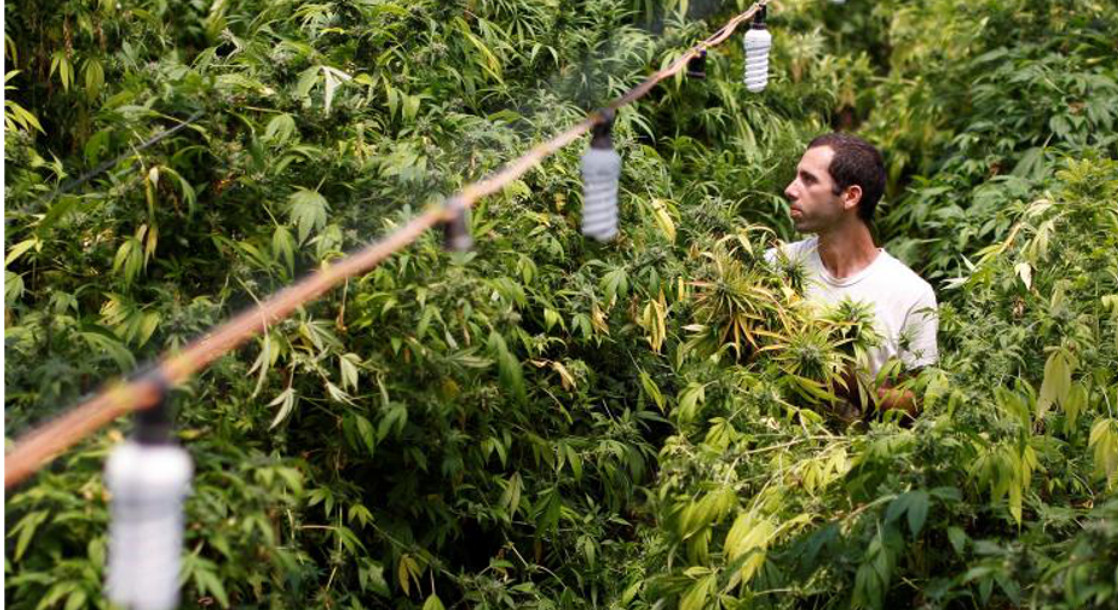Canada’s overall cannabis sales may be relatively modest compared to America’s adult-use markets, but a recent explosion in the popularity of infused pre-rolls may push the Great White North to new heights.
The idea of adding kief, hash, live resin, or other cannabis concentrates to pre-rolls is a relatively new concept in Canada’s legal weed industry, but it’s one that is catching on fast. According to data from Seattle-based cannabis analytics company Headset, the infused pre-roll market has grown by nearly 1,100% in the course of a single year. And since Headset only reported data from Alberta, British Columbia, Ontario and Saskatchewan, it’s possible that Canada’s overall sales growth could be much higher.
Last September, these four provinces sold $1.4 million worth of infused joints, accounting for only 2.4% of that month’s total pre-roll sales. But starting this January, sales began to grow exponentially month over month, eventually reaching a record high of $16.6 million in September 2022. The total market share of infused pre-rolls grew to over 10% in March, and then nearly doubled to 19% by this September.
This massive sales spike represents “the most significant growth of any segment within the cannabis industry over the last year or two, given that it is growing very quickly and it is also very large,” Cooper Ashley, analytics manager at Headset, told MJBiz Daily. Ashley also noted that pre-rolls as a whole are way more popular in Canada than they are in the US, “which indicates that infused pre-rolls could be even more significant to the Canadian cannabis market at large.”
Alberta-based Decibel Cannabis Co. currently produces the two top-selling infused joint brands in Headset’s four markets, but it only started selling these products at the end of 2021. The company’s chief revenue officer, Adam Coates, told MJBiz Daily that infused pre-rolls are growing in popularity because they make “a nice introduction to different forms of cannabis, like concentrates, which are a much smaller piece of the market.”
Travis McIntyre, CEO of CanadaBis, a company that makes the third-best-selling infused pre-rolls in Headset’s markets, believes that these products can “bridge the gap between flower users and concentrate users.” McIntyre explained that these joints “mix good flower and excellent concentrates with high terpene levels into a mix that satisfied both questions when people are going into the retailers: What’s your highest THC (product) and what’s your highest terpene level, both in flower and in pre-rolls?”
But as is all too common in the legal weed industry, taxes and regulations threaten to put a damper on sales. Because Health Canada has classified infused pre-rolls as cannabis extracts, they are subject to a higher excise tax rate than regular joints. Extracts are taxed based on the total milligrams of THC per package, whereas dried and fresh flower is taxed by the gram.
“If you’ve got three half-gram (infused) pre-rolls at 40% (THC), you’ve got 600 milligrams of THC in there,” Coates explained to MJBiz Daily. “So your tax burden on these things is pretty intense as well. To be successful in this category, you have to be really, really efficient in your production, because you can only push the price so much – especially on joints.”
Cover image via











